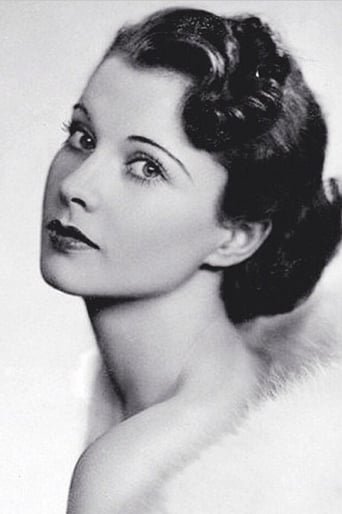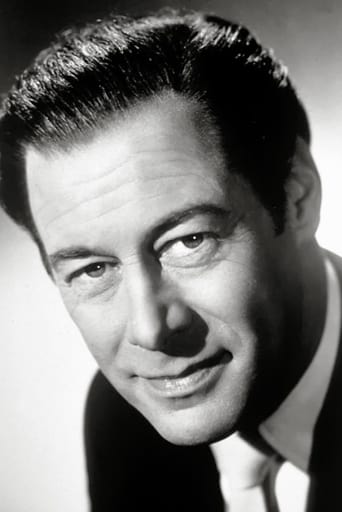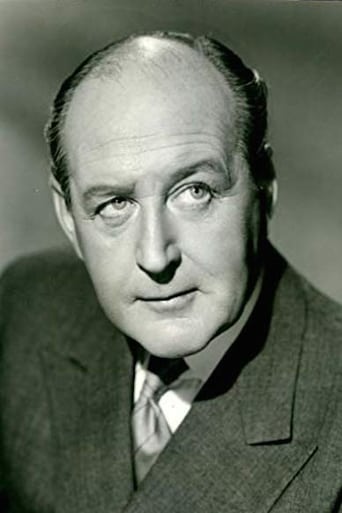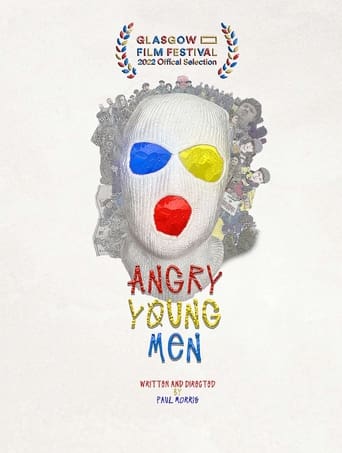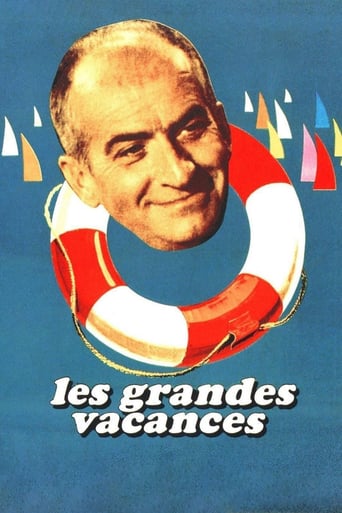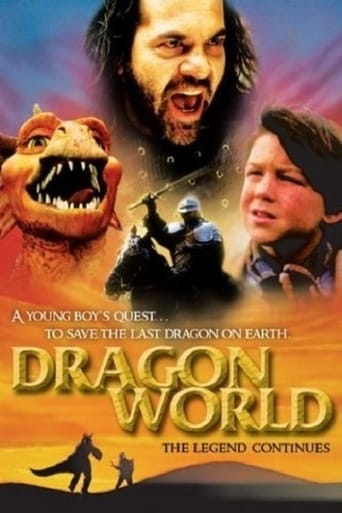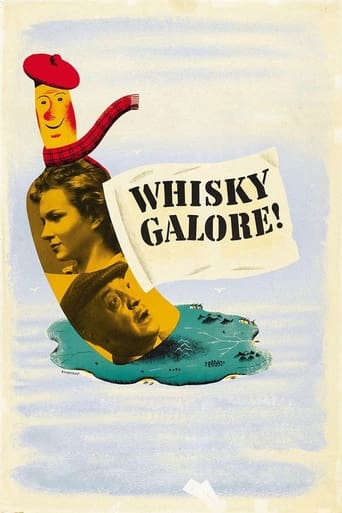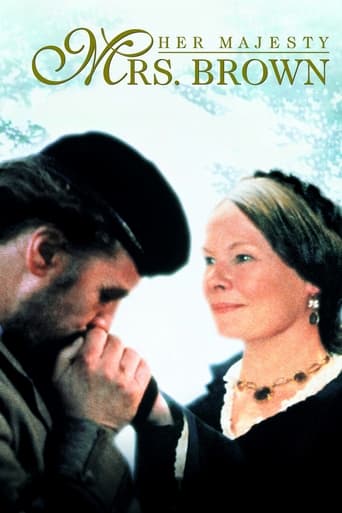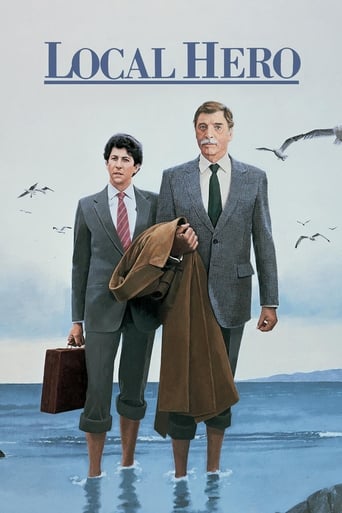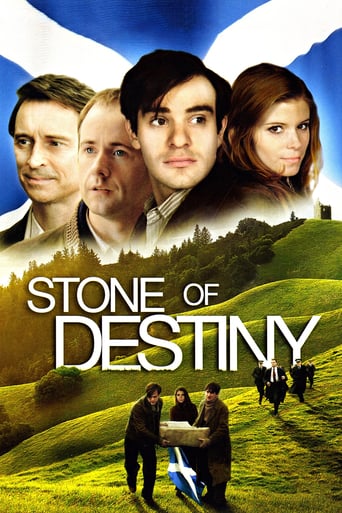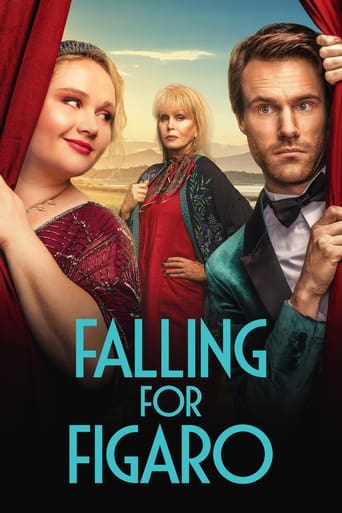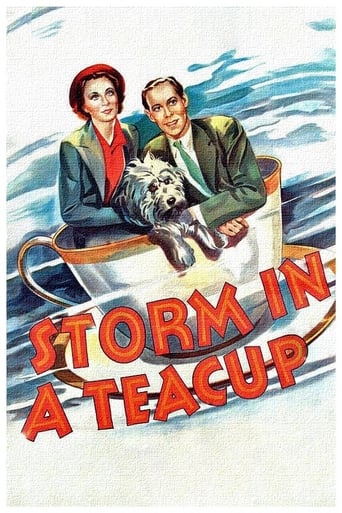
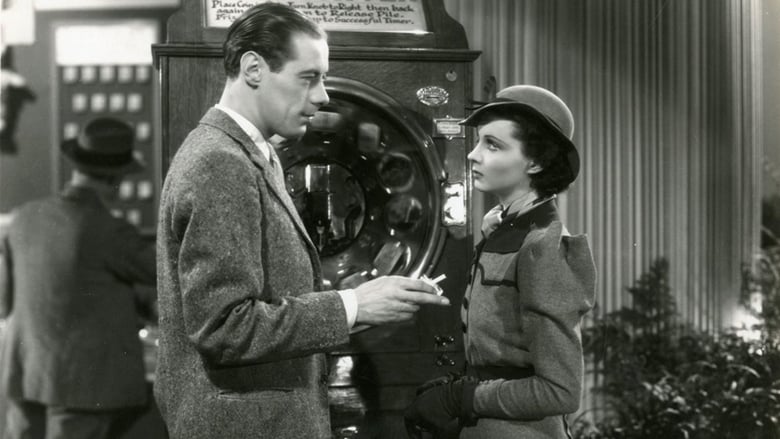
Storm in a Teacup (1937)
A local politician in Scotland tries to break the reporter who wrote a negative story about him, and who is also in love with his daughter.
Watch Trailer
Cast
Similar titles
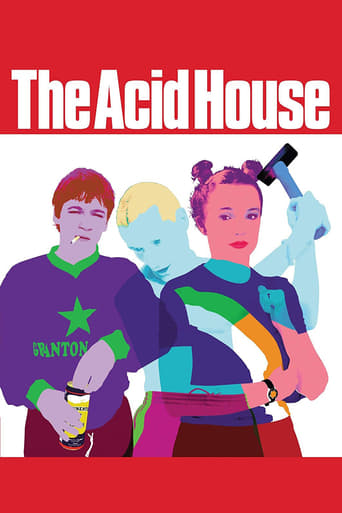
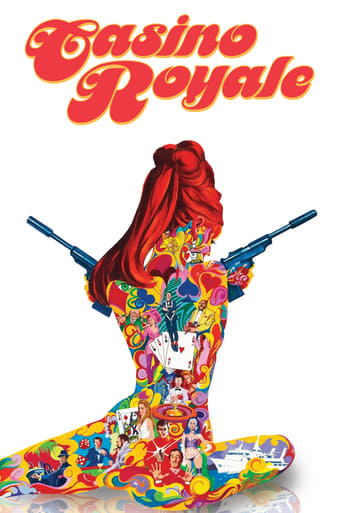
Reviews
Touches You
Simply A Masterpiece
Sadly Over-hyped
It's entirely possible that sending the audience out feeling lousy was intentional
I agree with most of the other reviews, but there's lots more brilliance that has not been mentioned. James Bridie take a very funny swipe at American 1930's slang (the new maid and a funny reply by the Lord Judge).I don't think of this as being at all Capra-like. None of his films has this kind of snappy, clever satirical dialog.I've come to really consider this film of the best British comedies of the 1930's.The current (2013) DVD issue is part of "The Vivien Leigh Anniversary Collection" and is a really great print. Buy it and you'll see!
Two years before the monumental "Gone With the Wind," Vivien Leigh made this rather bad film with Rex Harrison. Of all people, the wonderful Sara Allgood steals the show whose dog is ready to be put to death since she hasn't paid the local dog tax in Baikie, Scotland.A story of the corruption of politics follows. Leigh's father, the town provost, has political aspirations until he is exposed by Harrison in his news story.The scene with the dogs invading the mansion is quite funny; unfortunately, the movie really isn't; in fact, it's quite inane and dreary to say the least.The person who made Allgood's costume in the last scene of the film in court deserved an Oscar nomination.
Another connection to Hitler is that he was Austrian and went to Germany to make it an "Aryan" stronghold, and Gow is clearly English and wants to get elected on a Scotland for the Scots platform. (His meeting with the other mucky mucks, in matching Highland garb with incredibly frilly shirts, and the massive mural behind him on his broadcast, shows what a piece of theater the whole thing is. His cohorts are so anglicized he has to remind them to say Scottish not Scotch.) Harrison's character goes right to the heart of it asking if this were "Berlin or Moscow." And making a speech that the British will put up with anything but bullying or cruelty. Considering the fact that there was an anti-cruelty society for animals before there was one for children there, centering the movie around the welfare of a dog had particular resonance.There are a lot of funny bits--such as a mansion full of dogs of all sorts and a reference to the BBC as encouraging wildness in society, and much British character--such as the treating of Irish servants as less than human by the upper class of that time, and the use of song to make a mocking protest and laughter to bring down the mighty.I believe in Britain, even back then, as here it is that a woman cannot be FORCED to give evidence against her husband not that she cannot if she wants to testify against him, such as in a divorce case or if he were a criminal and she wanted to see him put away.Gow reminds me strongly of David Horton in the Vicar of Dibley. Both were forced to change although one has to wonder to what extent.
Hidden from me, anyhow - I'd never heard of it until browsing through my local library's video collection. Imagine an Ealing comedy as directed by Frank Capra. All of the acting is first-rate (and Vivien Leigh, pre-"Gone with the Wind", was about as beautiful as any woman could be), and the sets are unusually lavish for what must have been a medium-budget film in its time. The characters are strong yet sufficiently complex to lift the story above the simplistic comic melodrama it might have been - I can't imagine many American films of the time (or of this time) that would allow the "villain" of the piece enough courage to face down and walk through a mob that has just publicly humiliated him and is ready to attack him. The comedy is wonderfully handled, especially during the scene in which a pack of dogs runs rampant through the villain's stately home, and during the climactic courtroom scene. (The film's funniest line makes sense only in the context of the film: Ursula Jeans' anguished "Harold, he called me a woman!") "Storm in a Teacup" is a genuine delight.
